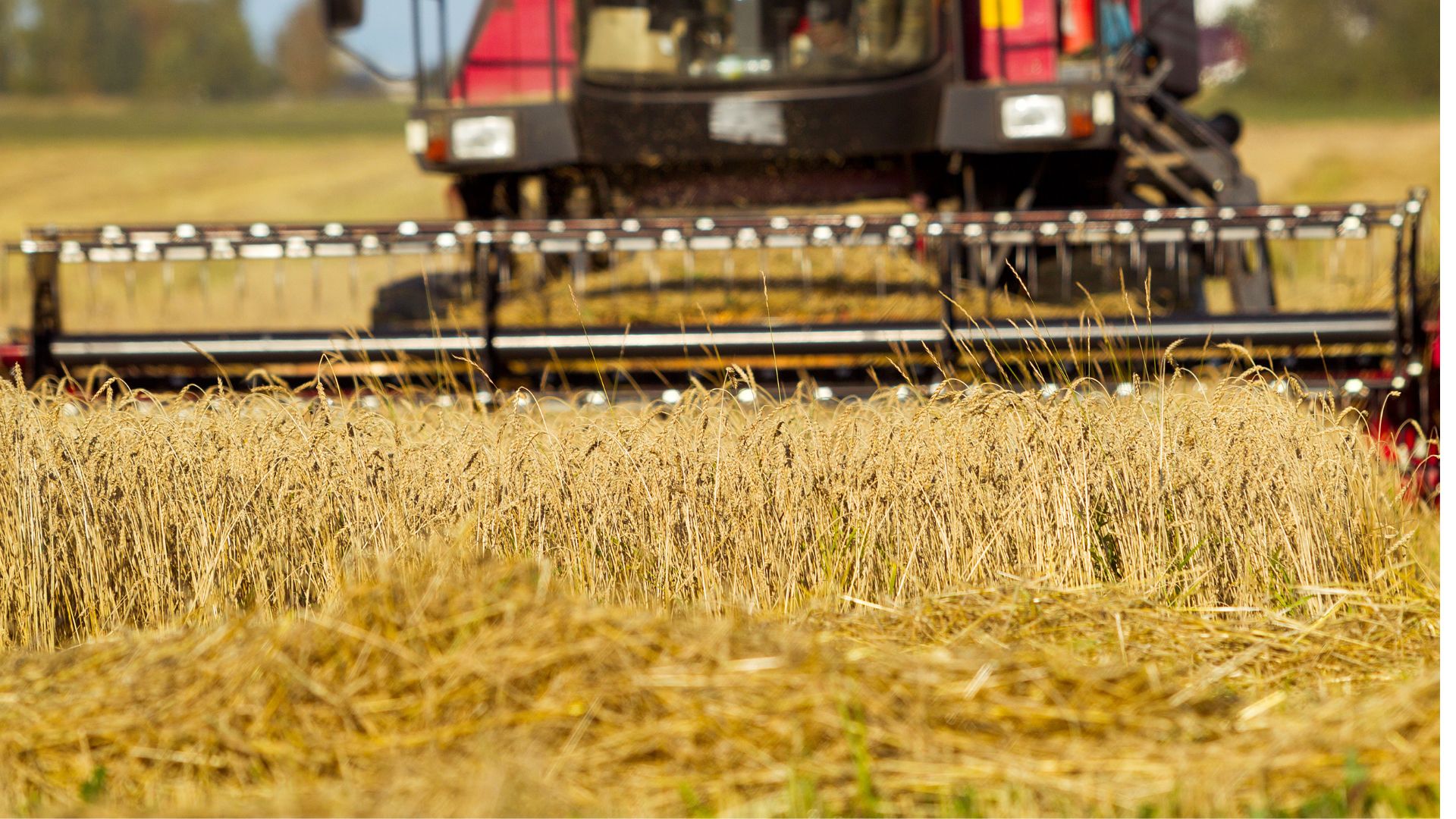3.68 BYN
2.98 BYN
3.42 BYN
More than 2 thousand units of machinery supplied: how Belarus helps Zimbabwe to develop agriculture

Market of Zimbabwe needs Belarusian agricultural machinery. And how the agricultural machinery already delivered there works in this African region? Is Zimbabwe ready to buy more machines from Belarus?
Such questions were answered by Deputy Prime Minister of Belarus Viktor Karankevich on the "Spotlight Interview".
First of all, it should be noted that the basis of the trade and economic balance of Belarusian-Zimbabwean relations is characterized by deliveries of agricultural machinery, implementation of joint projects, including the joint program on mechanization of Zimbabwean agriculture, two phases of which have been already implemented.
"For example, more than 2 thousand units of machinery have been delivered, which is already working in the fields of the African country. This helped to get quite good harvesting results," emphasized Viktor Karankevich.
Zimbabwe's gross harvest has more than tripled in four years. It was 155 thousand tons in 2020. In 2024, 550 thousand tons were harvested.
According to the statesman, now Belarus and Zimbabwe have moved to the realization of the third phase, which is planned to supply 3.6 thousand units of various machinery - tractors, combines, grain carriers - in 2025-2026.
Viktor Karankevich:
"As part of the third phase, 200 units have already been delivered. By the third quarter of 2025, it is planned to deliver another 500 units. This will contribute to an increase in grain harvesting rates; will impact the improvement of the economic performance of Zimbabwean agriculture."

The Deputy Prime Minister added that there are other areas that could help further develop agriculture. "Within the framework of the concluded contracts and opening of financing, it is planned to start in the third quarter the construction of four grain storage complexes, as well as the modernization of two existing ones, which would also contribute to increasing the performance of the African country's agricultural sector," he concluded.















